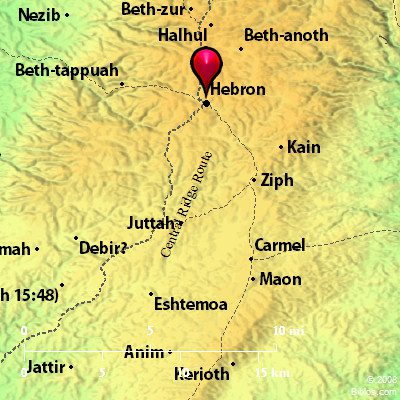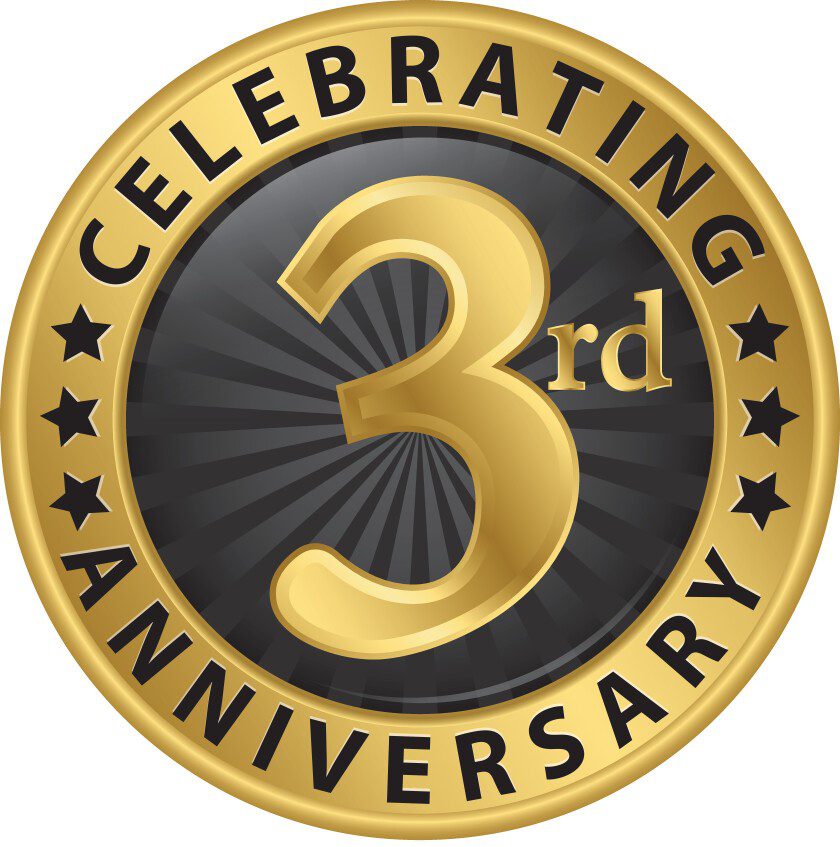Joshua 14: 6-15; 15:13-19; Judges 1:11-15; 3: 7-11
Despite the customs of the day, Caleb’s only daughter acts to gain some of her family’s land and water resources.
Achsah could barely believe what she heard. Her father Caleb vowed to give her in marriage to the Israelite soldier capable of conquering the land of Debir.
“Am I merely commodity?” fumed Achsah, a ravishing beauty locked in a patriarchal system that allowed few freedoms to women in that day.
During that time and in some places today, men considered women below cattle and sheep as their possessions.
The anger slowly subsided, however, as Achsah, known as Caleb’s little anklet, reflected on her father’s faithfulness to God.
Forty years earlier as noted in Numbers 13:26-33, Caleb achieved fame as one of the two spies of Israel who gave a good report about the bountiful fruit, nut trees, and other resources in the rich and fertile promised land of Canaan. Moses applauded Caleb and Joshua for their bravery in standing against 10 other spies who voted against fighting to take over the land God had given them. Most of the spies embellished what they found in Canaan, spreading fear with descriptions of giants and thick-walled, fortified cities. At that time, Moses promised Caleb all the land he walked on during that disastrous spying expedition.

God’s punishment for Israel’s lack of trust was 40 additional years of wandering in the wilderness.
Now at 85 years old, Caleb reminded his trusted companion Joshua of Moses’ initial promise. Ironically, the promised land was the same territory that had terrified the 10 Hebrew spies 40 years earlier – the city of Hebron and its surroundings. This territory was home to the Anakims who the spies described as giants.
Caleb already was given land near the end of the second spate of wandering. It took several years for the Israelites to finally subdue Canaan. One by one, the tribes received their territories by lot. Caleb’s land was within the tribe of Judah.
When Joshua honored his friend’s petition, the now older Caleb again showed his strength and vital leadership as he led his troops to drive out the sons of Anak, Sheshai, Ahiman, and Talmai. However, Kiriath-sepher, identified as the formidable Debir in the book of Judges, was a difficult spot some 15 or so miles to the south; he needed help and used his daughter as an incentive.
Achsah reasoned that if her beloved father was faithful to God and had proven himself to be a man of integrity, surely, she could trust his judgment. And she was right. The soldier who accepted the challenge and captured the city was Othniel the Kenizzite, a cousin from the same clan who had experienced the years of wilderness wandering with her.
Caleb had taken a great risk with the pledge. If a slave, a bum, or even a stranger had taken the city, Achsah was obligated to marry him. But God honored Caleb’s faithfulness and “arranged a proper match for her.”
For Achsah, there was one problem because her dowry consisted not of the customary money or jewelry, but rather, of a piece of land with arid and dry terrain. Though prime real estate, Caleb’s daughter wouldn’t be able to grow gardens and maintain some livestock as she had hoped. So, she and her new husband devised a plan.

Again, against customs, Achsah, not Othniel, traveled back to her father’s house on a donkey, which during that time was the equivalent to a BMW. Behaving with great respect for her father, she asked for an additional gift without any perception of making improper demands on the family land allotment.
Caleb listened intently as his beautiful daughter described how the terrain of the Negev, where Debir lay situated ranged from fertile and hilly, to dry and arid. Without an additional water source, she reasoned that no vegetation or agricultural endeavors would thrive. Caleb, without viewing the request as a violation of the laws of inheritance, gave her an adjoining field that contained both upper springs and lower springs, named the Gulloth-mayim in Judges 1: 9-15. Her land could now be productive, he said.
Achsah dared to ask for more, gaining some of her family’s land and water resources. These acquisitions normally were not available to women in ancient Israel’s patrilineal system. Through her actions, however, Achsah made certain her household would be fed, the prospect for commerce increased and her husband’s worth improved.
Later, Othniel became the first judge of Israel, as recorded in Judges 3:7-11.
Caleb’s earlier faithfulness to God in the wilderness and lifelong obedience not only assured God’s blessing for his daughter Achsah but covered generations.
Sources:
A Journey of Discovery. Achsah: The Daughter who asked for More, Part 3. Posted on May 6, 2013, by WomenfromtheBook Blog.
Adeney, W.F. “The Story of Achsah.” The Pulpit Commentary, Electronic Database.
Bal, Mieke Bal. “Dealing/With/Women: Daughters in the Book of Judges.” In Women in the Bible: A Reader, edited by Alice Bach. New York: Routledge, 1999, 317-333.
Copeland, M. “Acsah: A Wise Daughter.” Women of the Bible for Women of Color. Urban Spirit, LLC, 2021, 56-59.
Glahn, Sandra. “Women’s History Month: Achah, a Lesser-Known Woman of the Bible.” March 10, 2020. Adapted from “Java with the Judges.”
Kadari, Tamar. “Achsah: Midrash and Aggadah.” Jewish Women’s Archive.
O’Brien, Julia M. Achsah: Bible. Jewish Women’s Archive.


